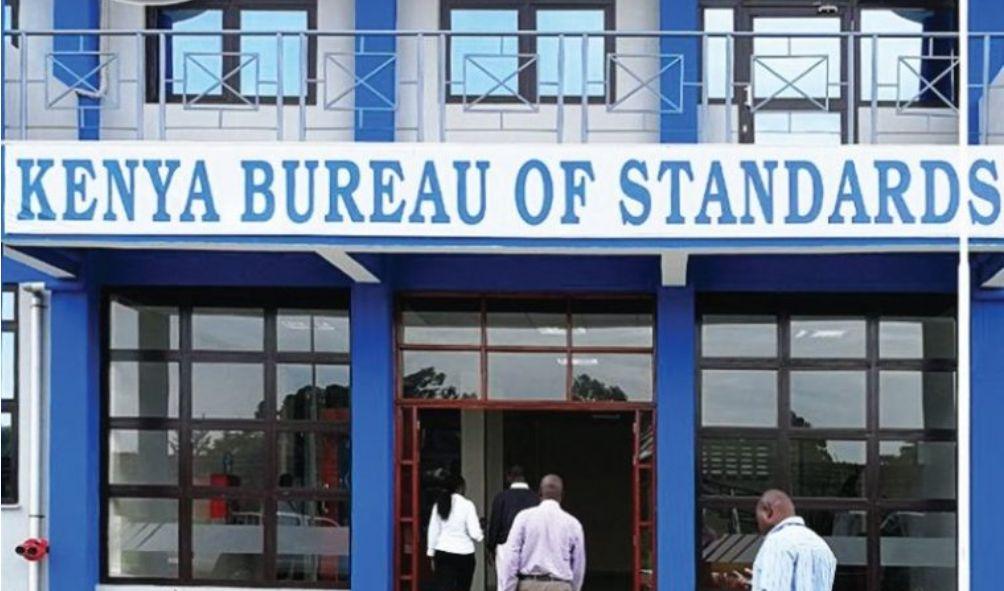KEBS Clarifies CEO’s Remark on Untested Supermarket Products
The Kenya Bureau of Statistics (KEBS) currently asserts that the remark made by Acting Managing Director Esther Ngari regarding locally produced products sold in supermarkets and not undergoing testing has been misunderstood.
In a press release released on Friday, August 11th, the organization disclosed that for items to be stocked on store shelves, they must bear a diamond quality certification. This prestigious certification is granted exclusively following a comprehensive evaluation procedure that the product must undergo.
The issue of counterfeit products infiltrating the market came to light following Ngari’s statement on Thursday, August 10th. In the statement, Ngari acknowledged the agency’s reliance on certified manufacturers to ensure consumer protection through the sale of premium products.
“Issuance of the standardization mark attests to an assessed capability to manufacture compliant products but does not transfer the responsibility for ensuring compliance of the specific products being manufactured in the assessed factory to the government or the regulator,” Ngari stated while appearing before the Public Accounts Committee (PAC).
KEBS contended that items go through a five-stage procedure to guarantee conformity with the prevailing market norms.
The initial step includes reviewing the manufacturer’s credentials to confirm their status as a legally recognized entity. Subsequently, KEBS examines the manufacturing facilities to evaluate the manufacturing process’s competence, ensuring that the produced items will be suitable and secure for human utilization.
“This entails controls to ensure that the raw materials used are of the right quality, production is managed within specified conditions, and final products are properly packaged and labeled per the required standards.
ALSO READ: Kebs Quality Not Assured: Choose Your Consumption Wisely
“Further, the manufacturer is required to test or make arrangements for testing their products regularly. Records of these quality measures must be maintained and produced to KEBS for verification during surveillance inspections,” KEBS statement read in part.
The organization also mentioned that it obtains product samples for testing before granting a certification label. The manufacturer is required to enter into a certification agreement with KEBS, which serves as a structured document ensuring the manufacturer will carry out the agreed-upon quality assurance tasks throughout the duration of validity.
As per KEBS, it consistently oversees the items once they are made available to the general public throughout the duration of the certification’s validity. Moreover, the organization carries out supervisory checks, including taking samples either at the manufacturing facility or in the market.
“Manufacturing and monitoring are two distinct realms. While KEBS defines and oversees adherence to standards, manufacturers are responsible for producing goods that meet these benchmarks.
“This dynamic creates a system anchored in trust – a trust fortified by stringent protocols and consequential penalties for deviations,” the statement read in part.
KEBS has highlighted that its main responsibility is to establish standards and guarantee that items available in the market adhere to those standards. This is done to improve and protect consumers’ well-being and quality of life.
In the meantime, Ngari’s acknowledgment sparked worries among the members of the Public Accounts Committee (PAC) who alleged that the organization was neglecting its responsibilities.
“We need to amend the law to provide punitive measures such as life imprisonment for KEBS officials exposing the lives of people,” PAC chair, Nominated MP John Mbadi, stated during the proceedings.
KEBS Clarifies CEO’s Remark on Untested Supermarket Products
